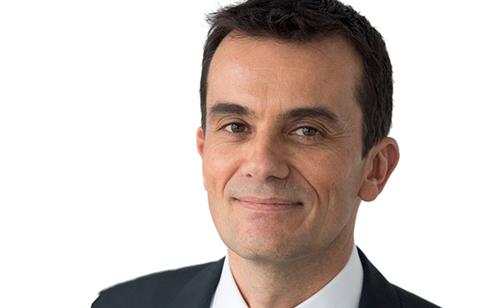
In 2017, we at Pernod Ricard contributed to the fourth edition of an independent employee opinion survey, run every two years by advisory firm Willis Towers Watson. The 'I Say' campaign consisted of just over 100 questions submitted to all our 18,500 employees across 86 affiliates worldwide, from Paris to Mumbai, from New York to Sydney to Maputo.
Once again, overall results are very positive, starting with a very high response rate (82%), which even includes the participation of our production employees who do not have access to a computer but have the possibility to answer via paper. Overall, 96% of our employees say they are proud to be associated with their organisation, 94% fully support the group’s values and 90% of them consider they have a clear view of the group’s objectives.
One figure encapsulates it all: 88% of our employees are considered engaged or highly engaged, six points above the fast-moving consumer goods (FMCG) industry norm.
But 'I Say' is much more than a beauty contest or an opinion poll that would simply provide self-congratulatory numbers. For me, it is the most powerful management tool a manager can get because it allows one to monitor the progress made over the years. Specific questions around whether employees feel sufficiently informed about company performance, whether our tools and policies are effective in encouraging international mobility or indeed, whether employees believe significant actions have been taken as a result of previous surveys need to be part of the survey because they represent an efficient way for our employees to address the areas they consider a priority.
Consequentially, it allows us to set up effective action plans at both local and global levels. Let me take two concrete examples.
Two years ago, our employees sent us a message to improve our efforts to have a 'better balance' within the group, which in our group policy represents not only gender diversity, but also diversity of nationalities or backgrounds. The whole top management network has since been involved in setting up improvement plans implemented at group level, such as management training, and at affiliate level, with tailor-made projects catering to each local reality. We are glad to see that our employees consider that progress has been made. And we will continue doing the same over the next two years about other topics where the figures show we can improve, such as career paths.
Another example of progress made based on the 'I Say' survey is around recognition and non-financial rewards. Based on the principle of better mutualising the most relevant best practices, we leveraged an initiative launched in Canada where employees can pay tribute to a peer’s contribution through the employee social network. Thanks to projects of this kind, our results on that topic have also improved by four points globally.
Last but not least, work-life balance is a global challenge. As a local example, centrally in Paris, we are fast accelerating the implementation of working from home for almost 300 headquarter-based employees. They also now have access to an even wider network of daycare centres thanks to partnerships we have put in place. The result: feedback improved by 10% on this topic at our headquarters.
There is a lot to learn from employee engagement surveys, as long as we do not use them as a simple snapshot of the situation, but as a roadmap.
Cedric Ramat is group director of human resources, sustainability and responsibility at Pernod Ricard
















